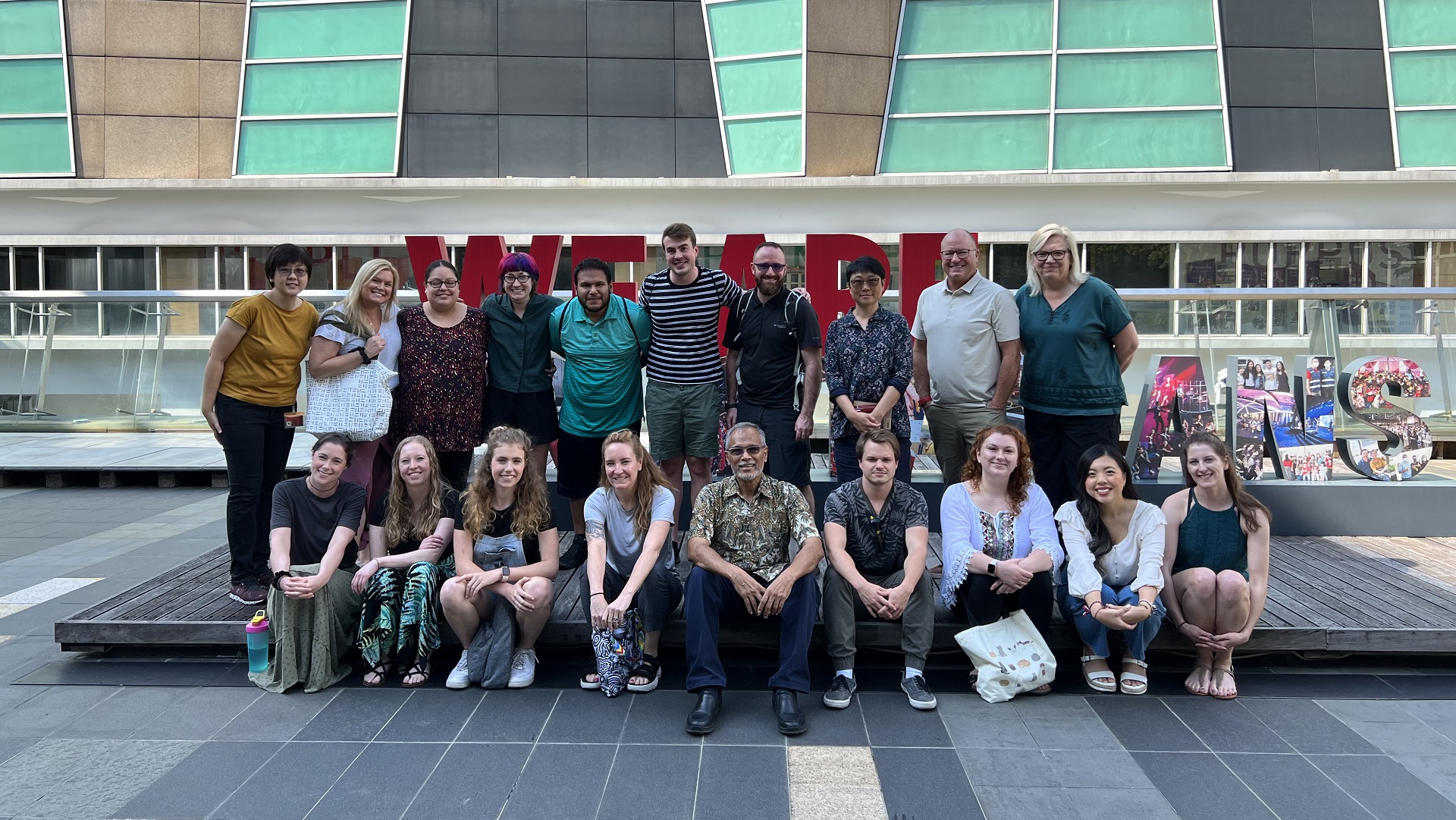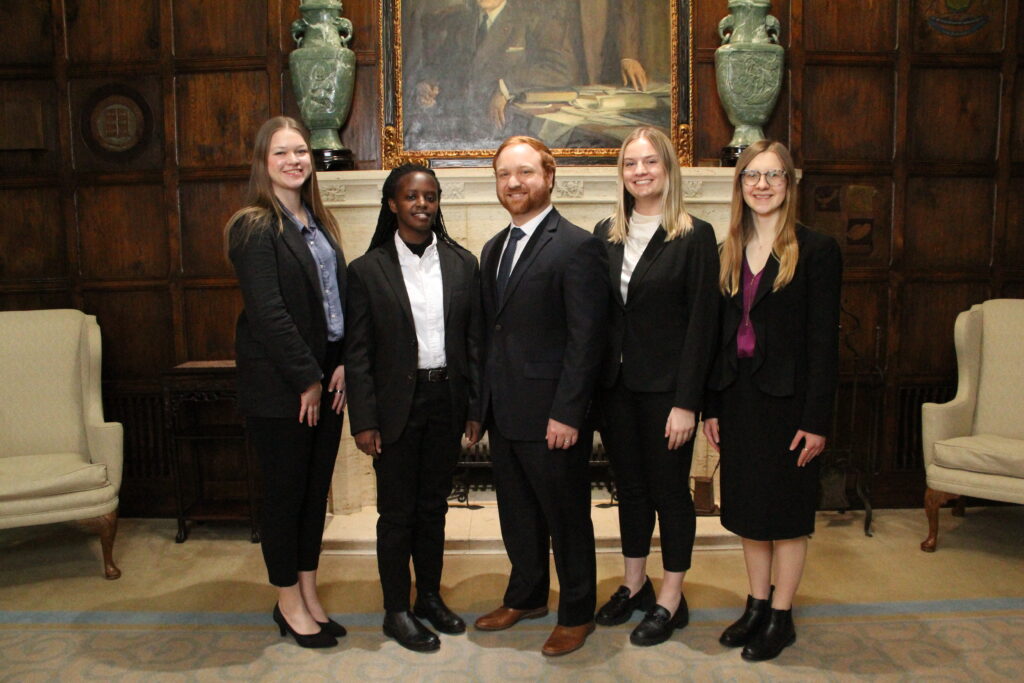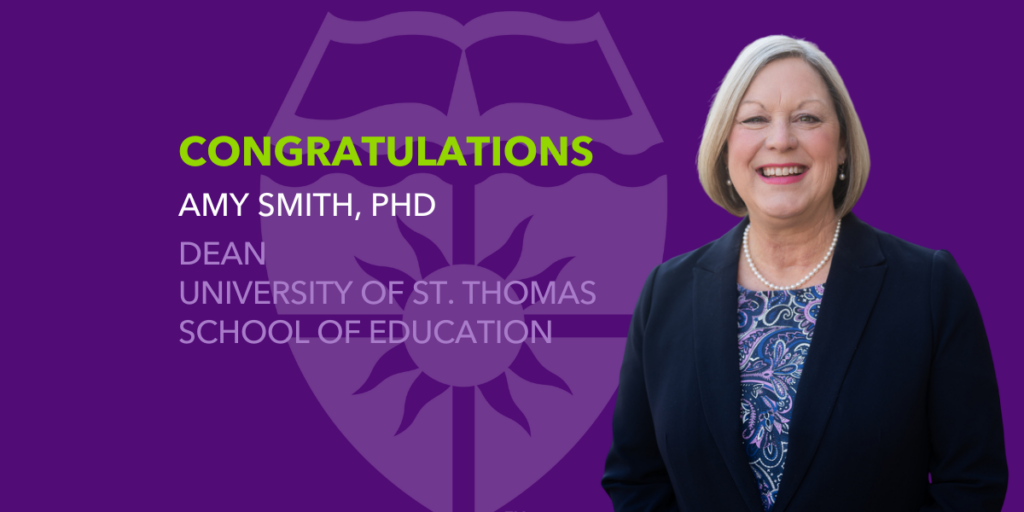From hailing a taxicab to sitting down for a meal with brand-new friends, some of life’s biggest lessons are found outside the classroom – especially when it comes to understanding the human condition. For a group of University of St. Thomas counseling psychology students, their recent J-Term trip to Singapore has proved invaluable in their journey to help others.
The Diversity Issues in Counseling study abroad course led by Dr. Len Jennings aims to not only educate students on culturally responsive care but also to foster self-reflection and personal growth. Offered every other year during J-Term, the course gives students the opportunity to experience new cultures, gaining a deeper understanding of the diverse mental health needs of people from different backgrounds and the many approaches to addressing those needs.
Additionally, the course pushes students to examine the cultural backgrounds they bring to their interactions with clients, helping them become better counselors by first learning to better understand themselves.
Wennicha Yang, a master’s counseling student with goals of becoming a marriage and family therapist, participated in the experience this year. Yang, who is Hmong, said the immersion in a predominantly Asian culture helped her feel more secure sharing her authentic self with her peers.
One of the first assignments of the course is a “Who I Am” paper, which invites students to explore their own cultures and beliefs and then share with the cohort. While simple on its face, this exercise can make many students feel vulnerable, Yang said. It’s an exercise in trust – students share a part of themselves with their peers with the understanding that the act will be reciprocated.
“Seeing students struggle (with the assignment) but also have the desire to understand themselves, gives me hope we can all be better multicultural therapists,” Yang said.
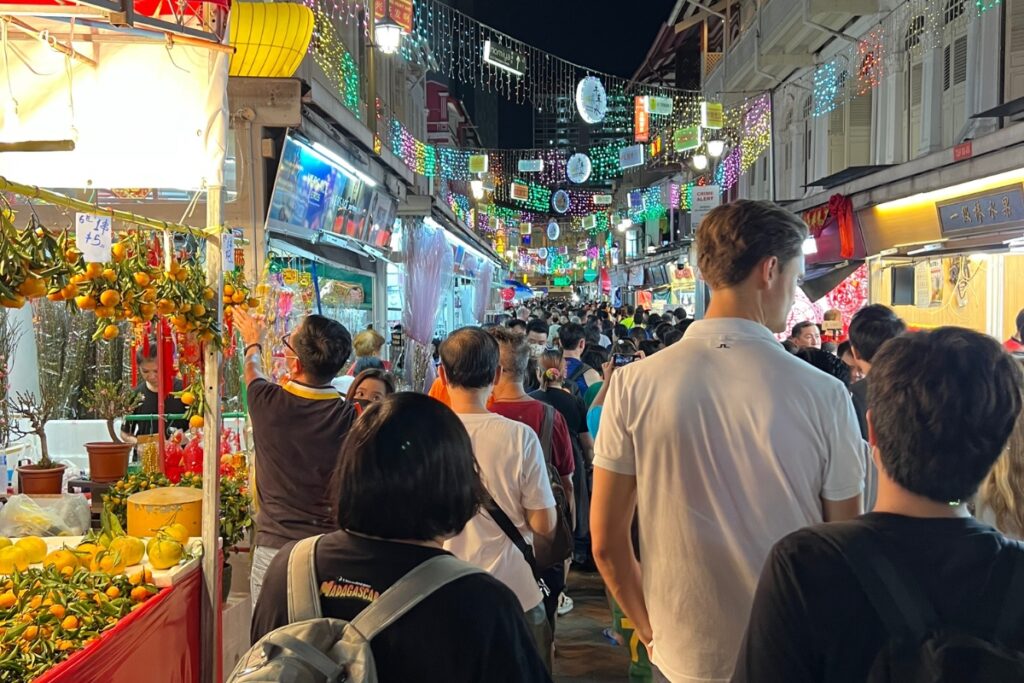
Over the course of a month in Singapore, students take three classes with international counseling students at the National Institute of Education. Classroom sessions are supplemented with a variety of immersive experiences to help students gain a holistic understanding of what mental health and counseling look like in other parts of the world.
A trip to the Green House – a center that provides services for LGBTQIA+ individuals in Singapore – was a highlight for many students. In a country grappling with a history of discrimination against LGBTQIA+ people, the center helps clients process trauma and find ways to feel connected to their purpose. Students examined how an organization that is mostly known through word-of-mouth can approach healing from a sex-positive standpoint.
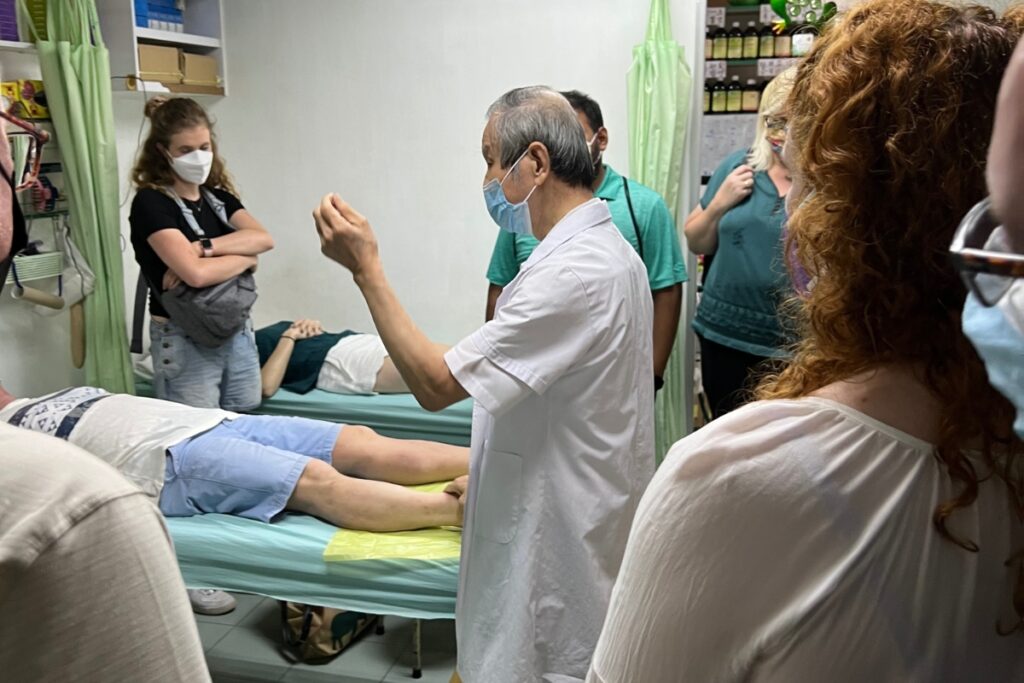
Visiting the Green House and learning from its founder was “one of the most impactful experiences that we had,” said student Carissa Kaufman. “Hearing (the founder) speak about his experiences and the community that he creates was really profound.”
Throughout the duration of the course, students explored how traditional methods of healing are incorporated into mental health practices in Singapore, such as acupuncture, cupping and even equine therapy. Students learned how horses can reflect the energy of clients, and how the animals help clients center themselves and find a calm space to process trauma.
“It’s a different modality of mental healing that some people find more comfortable than direct talk therapy,” said Yang. “It also helped us recognize how we could have been more grounded.”
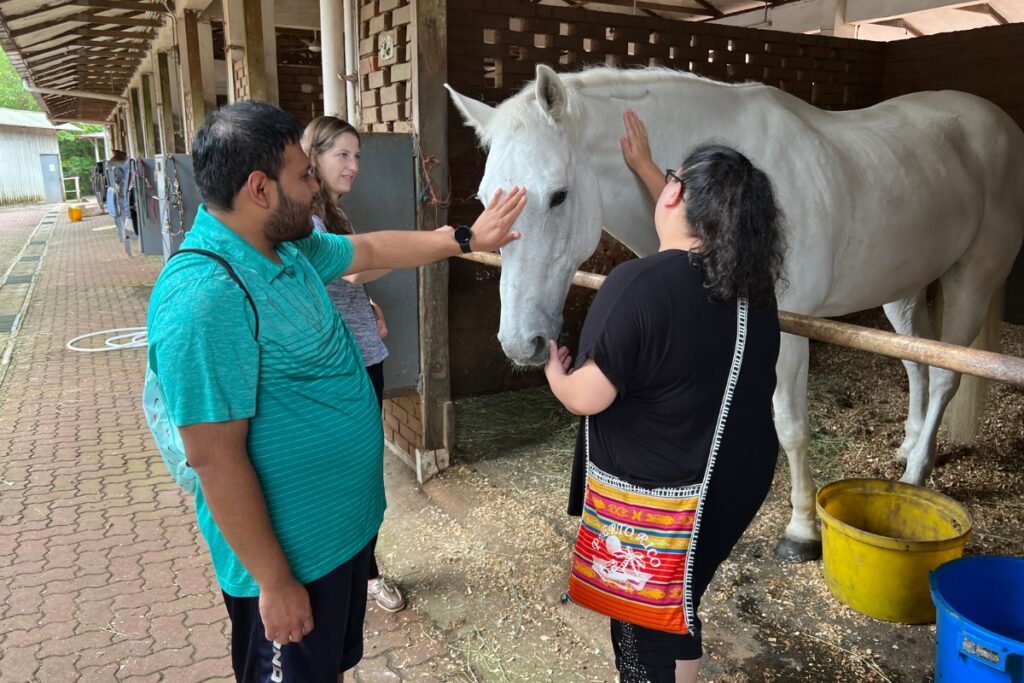
A key component of the course is recognizing and understanding the differences and similarities in approaches to mental health across cultures. For instance, talk therapy (which utilizes a conversational format between counselor and client to treat mental health challenges) is relatively taboo in many parts of Asia; whereas the practice is more commonplace in the U.S. Students learned about methods for gradually inviting clients to share their experiences while incorporating tactile experiences to help patients regulate and process emotions.
If the official course programming comprised the bones of the experience, the moments in between made up the interconnective tissue, as Kaufman put it. Students described revelatory conversations with taxi drivers, immersive experiences exploring Singapore’s Chinatown and Little India neighborhoods, and chances to try new cuisines with new friends.
These are the encounters that can be found in a study abroad experience, and they are why students like Kaufman say every counseling psychology student should consider participating.
“It was life-changing,” Kaufman said. “The connections that Dr. Jennings has as someone who has lived and worked in Singapore – it’s an experience that can’t be duplicated.”
